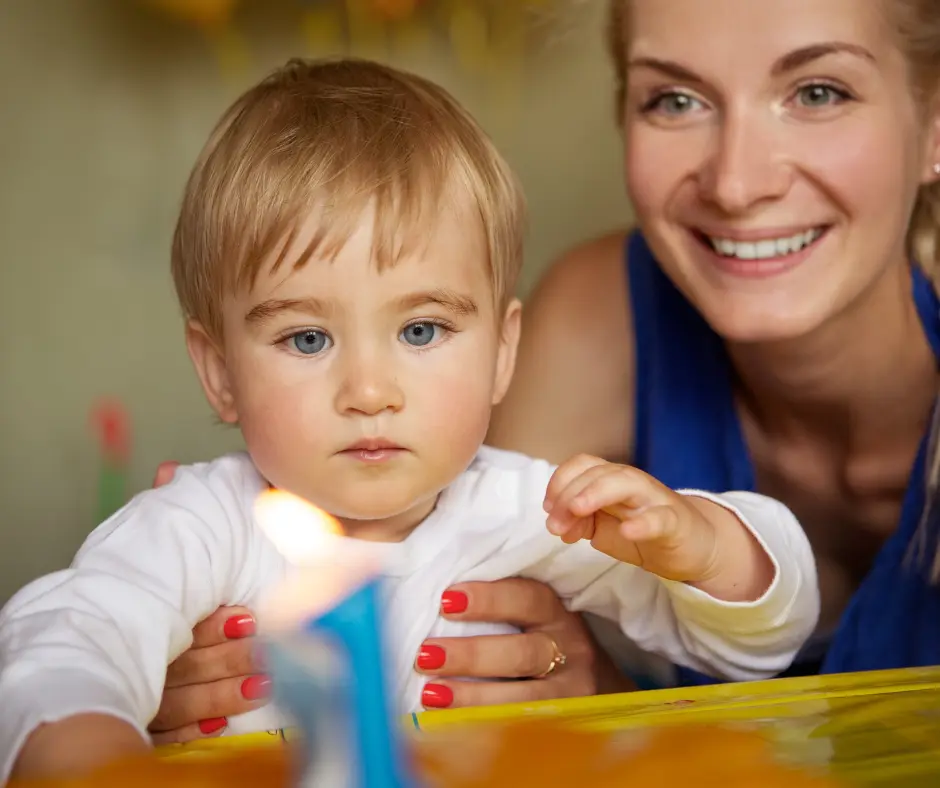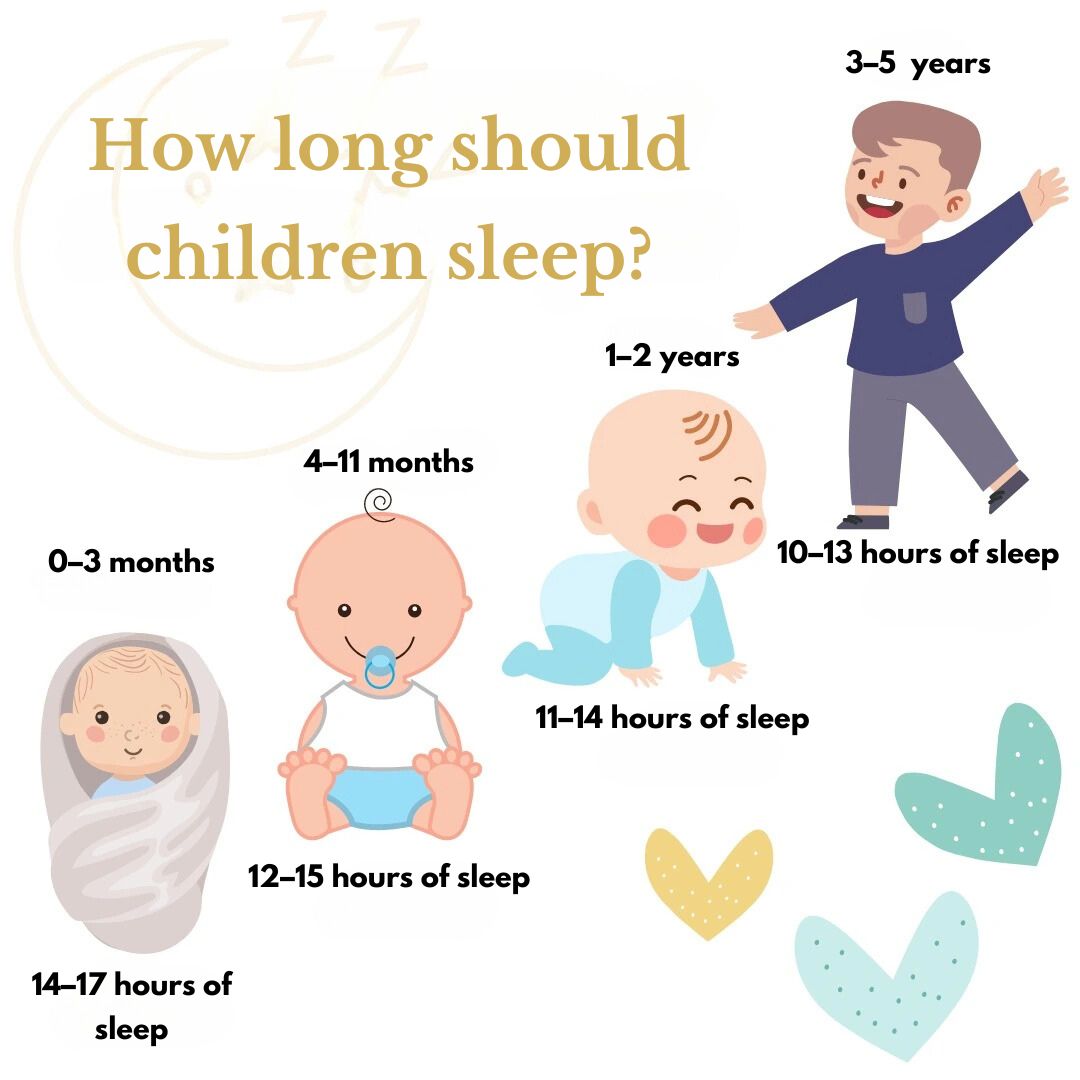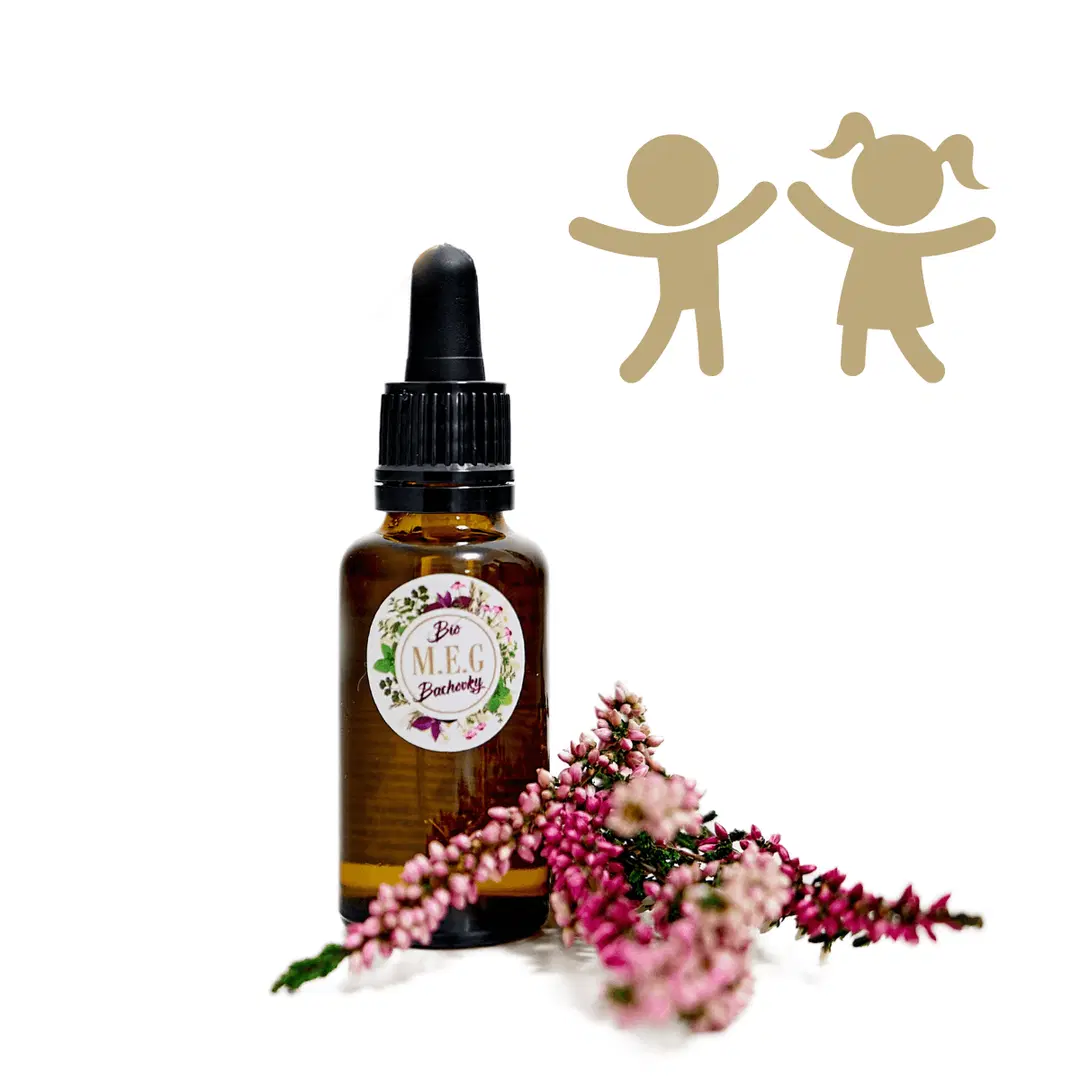How many hours of sleep does my child need?
Sleep is crucial for the healthy development of babies and children.
The internet and social media are full of recommendations on how a child should sleep properly, and for many parents, it can sometimes be quite a challenge. Every child is an individual, but they all share the need for peaceful and high-quality sleep. This factor is important not only for health but also for proper physical and mental development.

Sleep cycles naturally vary and shorten as the baby grows.
While newborns can sleep up to seventeen hours a day, their sleep is short, and they wake up frequently.
For infants, sleep cycles lengthen, and they sleep around thirteen hours a day.
During these developmental stages, it is important to establish a proper sleep routine so that the child can develop fully and grow healthily.
For parents, creating a calm and safe sleep environment should be a priority. During nighttime feedings, the room should be quiet and dark, without harsh white light.
As children grow, they become more aware of the world around them and the stimuli it offers.
For this reason, it is beneficial to establish a regular bedtime routine, such as a bath, reading, or singing, to help calm the body and mind before sleep.

While one toddler may have no problem falling asleep alone in their crib, another may require a parent's presence, gentle stroking, rocking, or singing a favorite song. There is truly no right or wrong way.
We have to always remember the individuality of each child.

It is very common for children to cry at night. There can be many reasons for this: tummy pain, teething, fever, or simply an excess of accumulated energy that needs to be released before they can fall asleep.
At this moment, it is important for a parent to provide a safe embrace, allowing the child to release their pent-up emotions from the day and then fall asleep peacefully.
Some parents feel relieved when their baby turns one year old.
Toddlers generally sleep about twelve hours, with more stable and longer sleep cycles. It is important to maintain a consistent daily routine, including time for play, meals, and rest. If a child refuses an afternoon nap, offer at least a quiet rest period.
A bedtime routine helps calm the child and prepare them for nighttime sleep.

Preschoolers' sleep patterns become very similar to those of adults.
Children aged three to five sleep up to thirteen hours a day, usually without an afternoon nap.
Every child needs consistency and routine, not just in sleep.
This age group is no exception, so it is recommended to avoid stimulating activities before bedtime, such as watching TV or using a tablet.

Dear mom (and dad), the chart above is only a guideline

If your child is happy, healthy, in a good mood, and developing well, there is no need to force additional hours of sleep - they simply may not need them.
However, if your child struggles with sleep, is restless, tearful, has trouble falling asleep, wakes up frequently, cries, wets the bed, and you have already ensured all essential aspects for a healthy and peaceful sleep, then it’s time to pay attention.
At this point, it is crucial to identify and address the root cause of sleep difficulties.
The most common sources of sleep problems in children and babies are often the mother’s emotional state and a challenging or complicated birth, which may have left emotional or physical wounds on both the mother and baby.
Additionally, strong, unprocessed experiences and associated emotions that the child cannot yet manage can cause restlessness.
Every day, I speak with many exhausted parents who have tried everything to help their child.
After a consultation, we work together to identify the root cause and create a customized Bach formula tailored to both the parent and the child.

How can you help your child?

M.E.G therapy dr. Bach - Customized drops to remove blocks and trauma, eliminate negative emotions, process strong emotions and experiences, and calm the mind.
The customized drops are taken by both the child and the mother (each with their own formula) for at least three months to fully resolve the original issues.

M.E.G therapy dr. Bach essences for kids - Calm sleep help remove negative emotions, blocks, and trauma that interfere with a child’s quality sleep.
However, sometimes a mother knows that sleep is the only issue—there are no external disturbances, and her pregnancy, birth, and postpartum period were completely smooth.
In this case, I recommend trying M.E.G therapy dr. Bach essences for kids - Calm sleep

M.E.G therapy dr. Bach - Acute crisis - SOS drops provide immediate relief from negative emotions, tummy pain, and teething discomfort, helping to calm the child’s mind.
Lastly, whichever option you choose, I highly recommend adding our M.E.G therapy dr. Bach - Acute crisis - SOS drops, which provide instant relief and calm for both you and your child in any situation.
